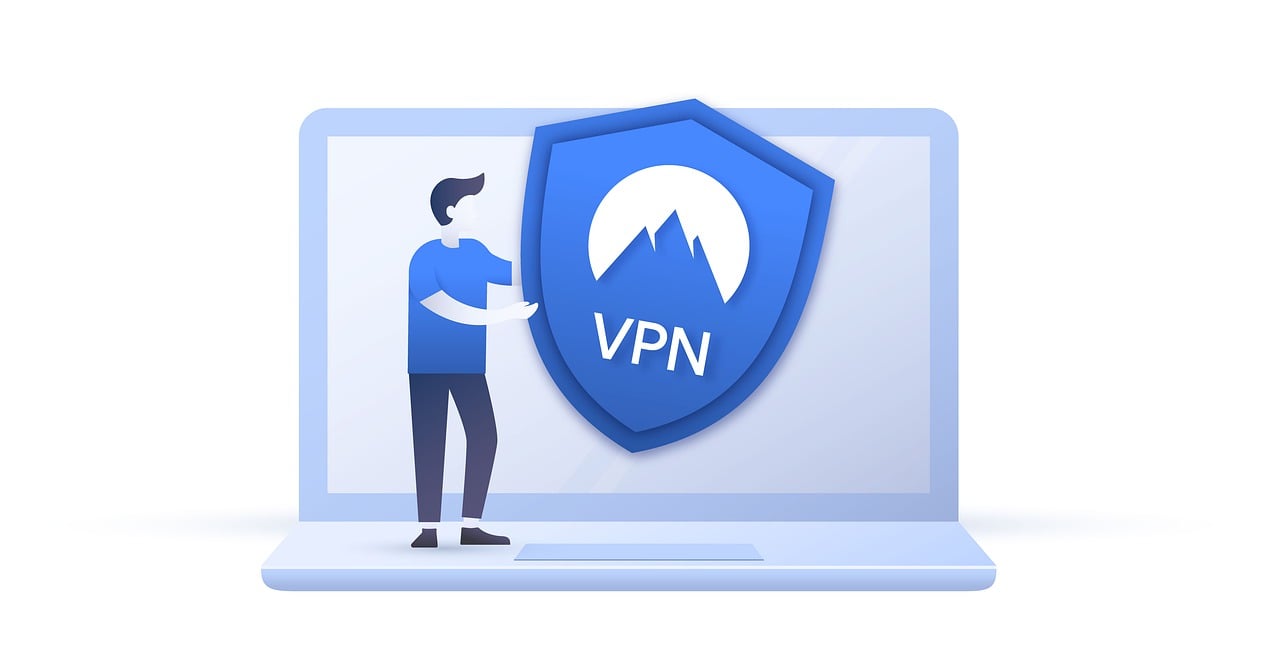With the popularization of the Internet, our life and work are increasingly inseparable from the Internet. However, the convenience of the Internet also brings with it a host of security threats such as data leakage, hacking and privacy invasion. In this digital age, the use of a VPN (Virtual Private Network) is a critical measure for personal and organizational security. This article looks at why everyone should use a VPN to improve their online security.

1.Protecting Personal Privacy: On the Internet, our personal privacy is often at risk of being compromised. ISPs (Internet Service Providers), advertisers and even the government can track our online activities and collect personal data. Using a VPN encrypts your Internet connection and protects your privacy. A VPN creates a secure channel that makes it impossible for your data to be eavesdropped on during transmission, thus protecting your personal information from intrusion.
2.Safe use of public Wi-Fi: The convenience of public Wi-Fi networks allows us to access the Internet in coffee shops, airports, hotels and other places. However, these networks often lack security, making you an easy target for hackers. With a VPN, your data is transmitted through an encrypted tunnel, so even if you connect to an unsecured public Wi-Fi, hackers won't be able to steal your sensitive information, such as login credentials or bank account information.
3.Bypass geo-restrictions: Sometimes you may not be able to access a particular website, application or online service due to copyright restrictions or government censorship, for example. A VPN can help you bypass geo-restrictions and freely access blocked content by connecting to servers located in other regions. No matter where you are, a VPN emulates the location of the server of your choice, giving you global Internet freedom.
4.Prevent data breaches: In a business environment, data breaches can lead to huge losses and reputational issues. Using a VPN encrypts your sensitive data and prevents it from being intercepted by hackers during transmission. This is important for scenarios such as telecommuting, teleconferencing, and trans-regional data transfers.
5.Encrypted communication: VPNs protect your data from hackers and eavesdroppers by using advanced encryption algorithms such as AES (Advanced Encryption Standard). They create a secure channel that ensures your online communications and data transfers are protected in transit. This is essential for protecting trade secrets, sensitive customer information and personal data.
6.Anonymous Surfing: Sometimes we want to remain anonymous on the Internet to avoid being tracked and spied on. A VPN can hide your real IP address and location, replacing it with the IP address of the VPN server. This protects your privacy and prevents third parties from tracking your online activities while providing greater anonymity.
To summarize, using a VPN is a crucial step for everyone to improve their online security. It protects your personal privacy, prevents data leaks, bypasses geo-restrictions, prevents hacking, and provides the ability to surf the web anonymously. Choosing a trusted VPN service provider ensures that your connection is stable, secure, and tailored to your needs. In this age of digital risk, it's vital to keep individuals and organizations safe online. Use a VPN and let's build a safer online environment together!
 E-mail
E-mail